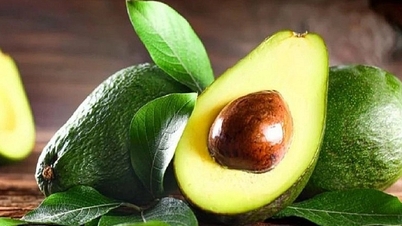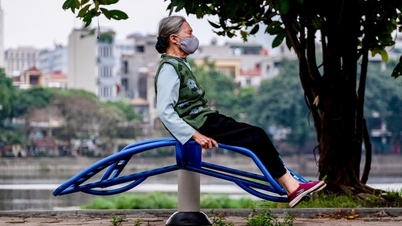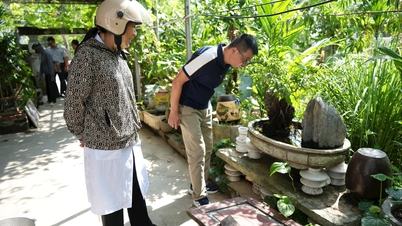Cold weather can cause skin inflammation and blood infection, so be careful.

Baby TH, 3 months old, weighs 6.1 kg, has many yellow pus spots on the face and abdomen. The baby's mother told the doctor that a week ago the weather turned cold, the baby's skin became red, rough, dry and cracked. The baby was itchy and uncomfortable, scratching constantly, the mother bought all kinds of ointments but it didn't go away.
The baby’s mother was afraid that Western medicine would harm her baby’s skin, so she switched to using coconut oil. After three days of applying coconut oil, her skin developed blisters and yellow scales. At night, the baby had a fever and cried so hard that the mother rushed her to the hospital.
The doctor carefully examined the baby's whole body, then told the mother: "The baby has pyoderma, complications of sepsis, this disease must be hospitalized for immediate treatment."
When Mom heard what the doctor said, she almost fainted. But the doctor kindly reassured her and explained to her that thanks to her timely arrival at the hospital, the baby would receive proper and active treatment, and hopefully would recover soon.
Technically, in the cold season children's skin often becomes dry and cracked.
There are many reasons for this condition, such as cold and dry air will reduce the natural moisture of the baby's skin, causing the skin to lose water and become dry. The horny layer of the baby's skin is still immature, fragile, and incomplete, so it is easily damaged and easily dehydrated.
When the skin is dehydrated, the outer layer of the skin becomes hard and prone to cracking. These cracks create gaps, allowing bacteria to easily enter and cause infection, especially in children who have the habit of licking their lips or sucking their fingers, causing the skin in these areas to become even drier and more cracked.
If the family buys the wrong topical medications, the baby’s skin will be vulnerable to damage and infection due to the unsuitable medications. When infected, the skin will develop pustules like the baby TH mentioned above.
Coconut oil, although very benign, is a natural substance that can help soothe mild skin inflammation, but is not effective for serious skin diseases. On the other hand, there are a few people who are allergic to coconut oil due to their constitution. Therefore, before using it, you should consult your doctor.
To prevent dermatitis in the cold season, we need to supplement enough water for the baby. If the baby is still breastfeeding, the mother needs to continue breastfeeding. If the baby is older, give the baby enough water; clean the baby's skin, bathe with warm water and mild, soap-free shower gel.
Dry gently with a soft towel; keep baby warm, but pay attention to keep baby's skin dry, change diapers regularly, especially when diapers are wet or dirty; dress baby in soft cotton clothes that absorb sweat well, helping baby's skin to breathe.
Take your baby to the doctor for dermatitis for an accurate diagnosis and appropriate treatment.
In addition, do not use medicine on your own or buy topical medicine for your baby without a doctor's guidance.
Source: https://tuoitre.vn/troi-lanh-be-bi-viem-da-bien-chung-nhiem-trung-huyet-can-can-trong-20250114231725837.htm




![[Photo] National Assembly Chairman Tran Thanh Man chairs the 8th Conference of full-time National Assembly deputies](https://vphoto.vietnam.vn/thumb/1200x675/vietnam/resource/IMAGE/2025/9/29/2c21459bc38d44ffaacd679ab9a0477c)
![[Photo] Many streets in Hanoi were flooded due to the effects of storm Bualoi](https://vphoto.vietnam.vn/thumb/1200x675/vietnam/resource/IMAGE/2025/9/29/18b658aa0fa2495c927ade4bbe0096df)
![[Photo] General Secretary To Lam attends the ceremony to celebrate the 80th anniversary of the post and telecommunications sector and the 66th anniversary of the science and technology sector.](https://vphoto.vietnam.vn/thumb/1200x675/vietnam/resource/IMAGE/2025/9/29/8e86b39b8fe44121a2b14a031f4cef46)
![[Photo] General Secretary To Lam receives US Ambassador to Vietnam Marc Knapper](https://vphoto.vietnam.vn/thumb/1200x675/vietnam/resource/IMAGE/2025/9/29/c8fd0761aa184da7814aee57d87c49b3)





























































































Comment (0)